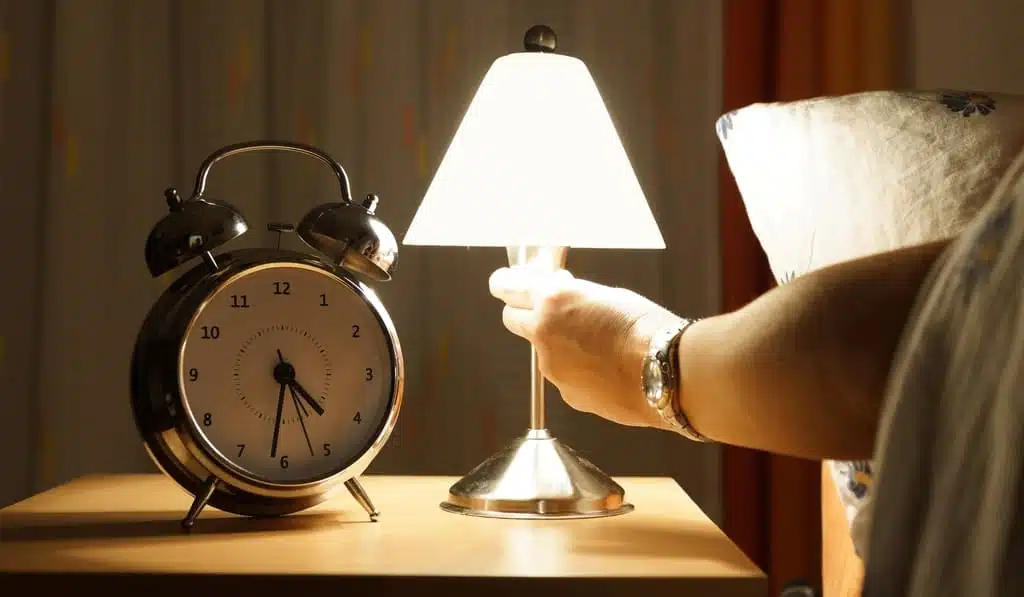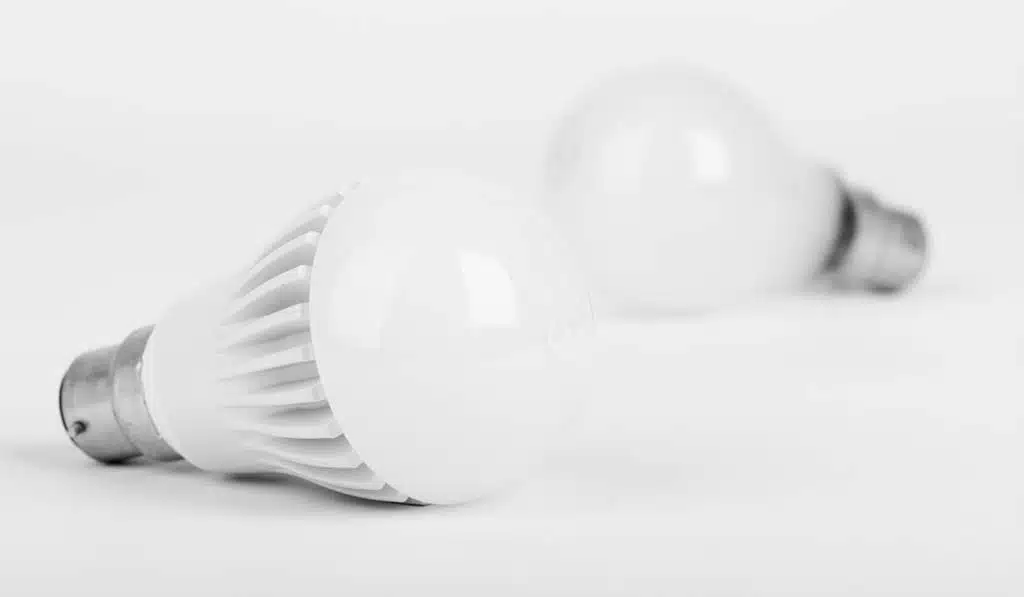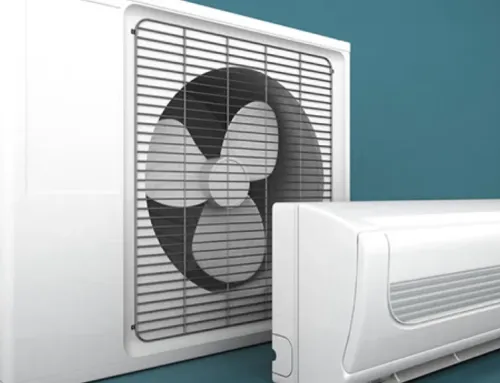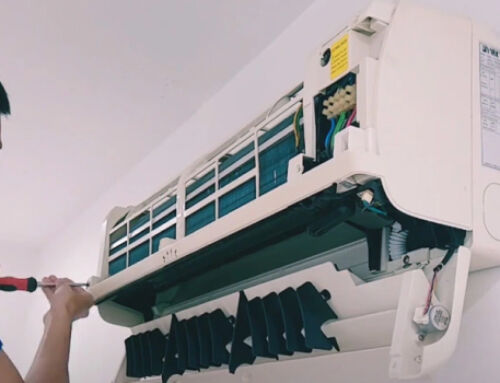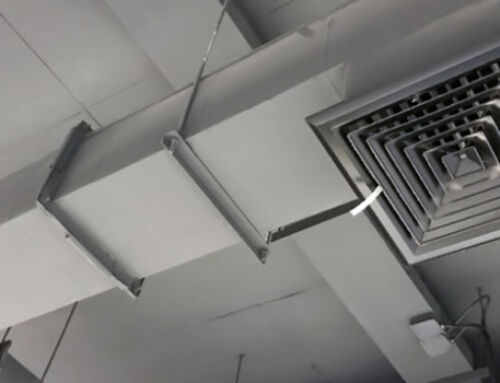Climate change is a significant global challenge that requires immediate action to mitigate its impact on the environment and human health. As individuals, we all have a role to play to reduce home emissions and limiting our greenhouse gas emissions.
One area where we can make a significant impact is in our homes. Household emissions are a major contributor to climate change, accounting for a significant portion of global carbon emissions.
It is vital that, as a global community, we all take steps to reduce home emissions. There are several ways you can do this in your everyday life. Many are to do with lifestyle choices that we won’t look at here. Instead, we want to bring to light what you can do to reduce home emissions. Most of these tricks are very easy and can make a huge difference in the long run.
You can do many things to reduce home emissions to do your part for the environment. Most are very easy.
In this article, we will explore some practical steps that homeowners can take to reduce home emissions. From reducing energy consumption to using eco-friendly products and materials, we will provide actionable tips that can help you minimize your carbon footprint and create a more sustainable home environment. By implementing these changes, you can make a positive impact on the environment and contribute to the fight against climate change.
Let’s take a look.
Check Your Insulation to Reduce Home Emissions
Poorly insulated homes will require far more energy to heat. If you live in an older home, it’s a good idea to check what kind of insulation you have and consider how this can be updated if necessary. This doesn’t have to cost you an arm and a leg – there are DIY insulation options that are very effective and affordable. For example, if you can access underneath your floors, you may pack insulation (such as foam) between the joists.
Change Your Lightbulbs
Energy-efficient light bulbs are a slightly larger investment when you buy them, but they use far less energy in the long run. Compact fluorescent lamps (CFLs) and LEDs are better options than incandescent bulbs. And if everyone makes the switch, it can eliminate a huge amount of greenhouse gas.
Upgrade Your Water Heating
Older gas and oil boilers are extremely inefficient and can be hugely wasteful when it comes to energy consumption. Consider upgrading your boiler – this will require an upfront investment, but you will save money in the long run and significantly reduce home emissions.
Buy Energy Efficient Appliances To Reduce Emmisions
Those star ratings on your appliances aren’t just a marketing tool – they actually mean something. While all modern appliances need to meet a certain standard to make their way into the market, the more stars, the more energy-efficient your appliance will be. Although those with more stars are more expensive, they will save you money in the long run and are much more environmentally friendly.
Consider Ways You Can Use You Appliances Less
Sure, we buy appliances because they make life more convenient. But do you sometimes use yours unnecessarily? Do you use your dryer when you could just as easily sundry? Do you put a load of dishes on when the dishwasher is basically empty, or when you could have washed them by hand? Do you use your heater or fan when the temperature is actually quite nice? Think about all the ways you can use your appliances less and get into better habits. You’ll be surprised at how much of an impact this can make.
Lights off = less emissions
If you’re in the habit of leaving lights on unnecessarily, make a conscious effort to switch them off when they aren’t being used. The same goes for electronics like computers, TVs and stereos – switch them off when not in use. Even when on standby, these things consume quite a lot of energy.
Seal Your Doors and Windows
Seal your windows – a lot of heat is lost through windows, often through small cracks and gaps. Sealing these is a cheap and effective way to save energy. The same goes for doors. Snakes are cheap and a really great way to stop air from passing between rooms and indoors/outside. Grab yourself a few and use them where possible.
Consider Investing In Renewable Energy
If it’s within your means, consider investing in renewable sources of energy like solar power. Solar panels can be expensive, but they are extremely sustainable.
Take Short Showers, Not Baths To Reduce Home Emissions
A large portion of the energy used by households is for heating water used for bathing and showering. Showering uses significantly less water than bathing and is a far more energy-efficient option. When you do take a shower, keep it short. On a similar note, try and limit all running hot water, such as brushing your teeth, cleaning your face or wet shaving.
Reduce, Reuse, Recycle
Get into good habits by recycling everything you can and reducing your overall waste. Buy products with minimal packaging to reduce waste. Compost what you can. Recycle your clothes. Think sustainably!
Keep Your Air Con Unit In Top Condition
Regularly cleaning and maintaining your AC system will help ensure it runs at maximum efficiency and doesn’t waste any energy unnecessarily.
About Us
We are based in Sydney. However, our operations span the greater metro area, including the Eastern Suburbs, Lower North Shore and South West. We always respond quickly and always aim to be on-site as soon as possible.
With over 9 years of experience under our belt, we pride ourselves on providing fast and efficient electrical and air conditioning services of the highest quality. If you’re looking for an aircon installation quote or electrical advice, please don’t hesitate to get in touch today.


